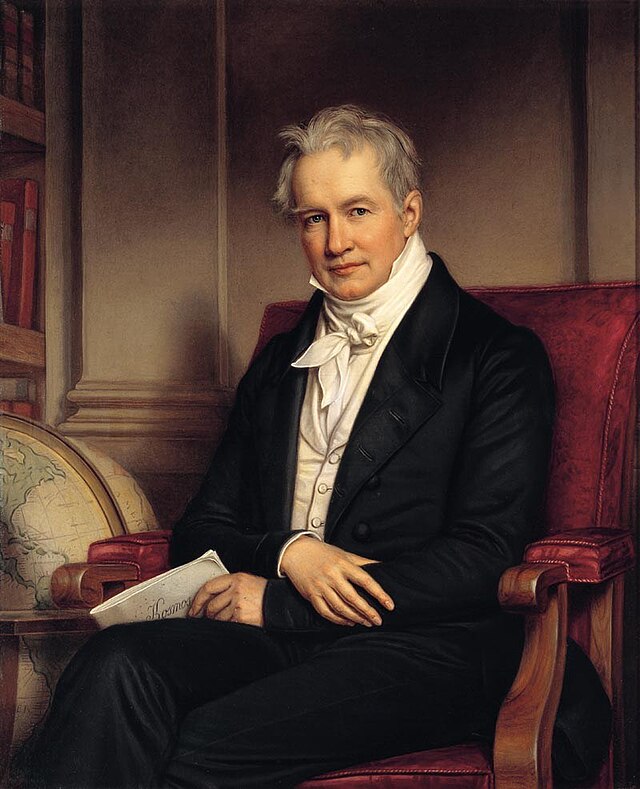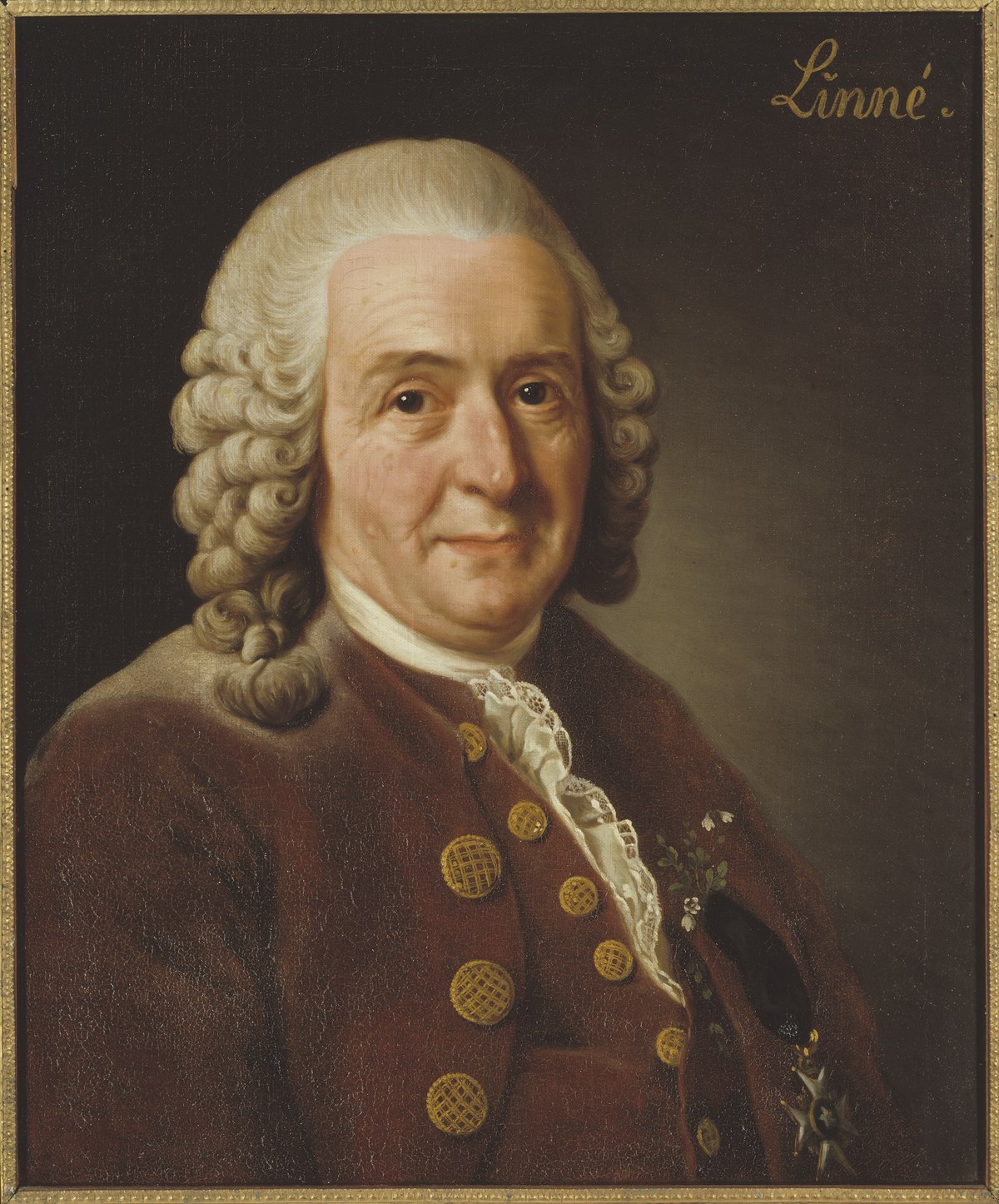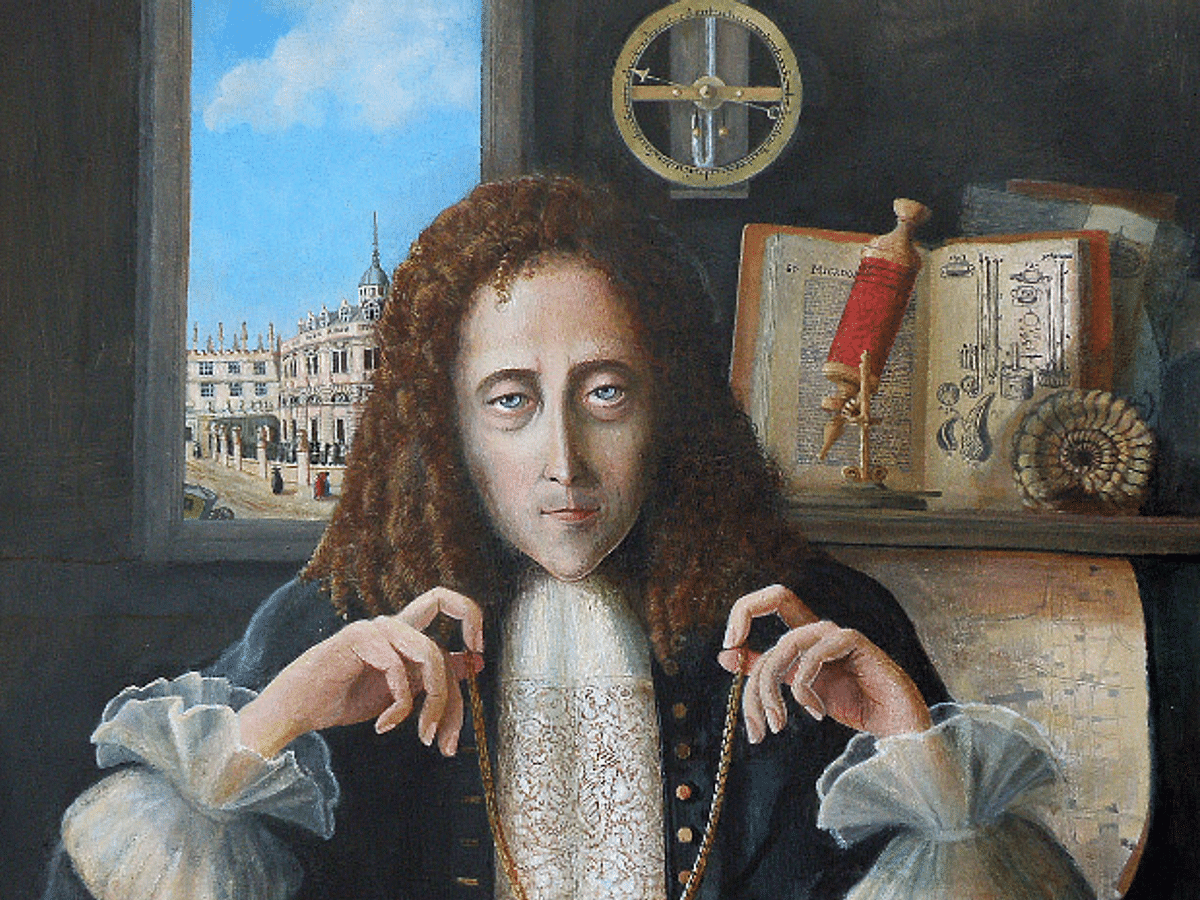Category: Genius in Biology: Profiling the Minds that Changed the World
-

Alexander von Humboldt (1769-1859)
Alexander von Humboldt: The Visionary Naturalist and Explorer Alexander von Humboldt (1769-1859) was a towering figure in the natural sciences, whose explorations and scientific contributions laid the groundwork for modern environmental science, biogeography, and ecology. Born on September 14, 1769, in Berlin, Prussia (now Germany), Humboldt grew up in an aristocratic family with a keen…
-

Carl Linnaeus (1707-1778)
Carl Linnaeus: The Father of Modern Taxonomy Carl Linnaeus (1707-1778), also known as Carolus Linnaeus, is a towering figure in the history of biology, celebrated as the father of modern taxonomy. Born on May 23, 1707, in Råshult, Sweden, Linnaeus’s fascination with nature and plants began at an early age, encouraged by his father, a…
-

Robert Hooke (1635-1703)
Robert Hooke: The Renaissance Man of Science Robert Hooke (1635-1703) was an English polymath whose contributions spanned many fields of science and engineering. Born on July 18, 1635, in Freshwater on the Isle of Wight, Hooke was the son of a curate. His early education was marked by illness, which led to a largely self-directed…
-

Aristotle (385 BCE – 322 BCE)
Aristotle (385 BCE – 322 BCE) was a Greek philosopher and polymath who made significant contributions to a wide range of subjects, including biology, ethics, politics, metaphysics, and logic. Born in Stagira, a small town in northern Greece, Aristotle was sent to Athens at the age of seventeen to study at Plato’s Academy, where he…